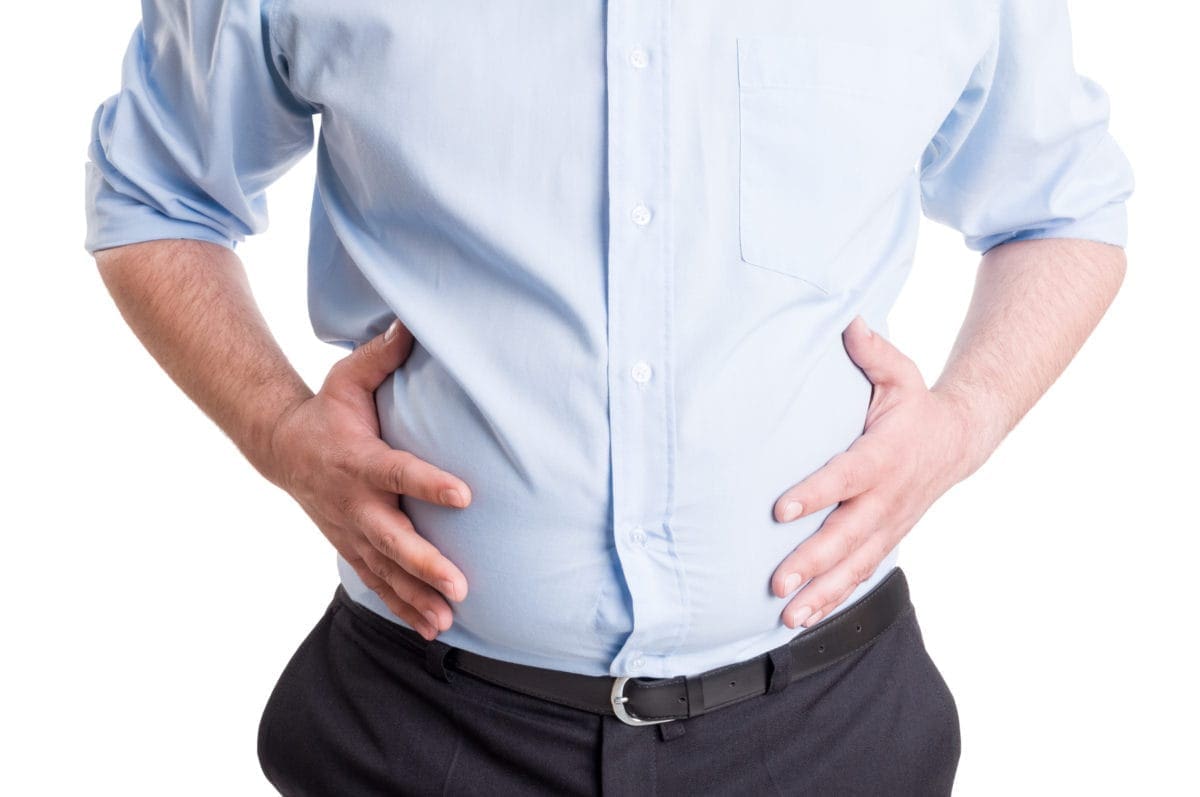What Causes Massive Bloating
Bloating is a common occurrence that most people have felt at some point in their lives. It is that feeling of fullness and tightness in your abdomen that makes you feel uncomfortable and uneasy. Bloating can be caused by a variety of factors, and it is essential to understand the different causes to determine the best treatment for you.
Bloating Causes
One of the causes of bloating is your diet. Ingesting foods that are high in fiber or carbohydrates, such as beans, broccoli, and lentils, can cause bloating. These foods are not easily digested, and ferment in your gut, producing gas that leads to the feeling of fullness.
Another cause of bloating is constipation. When stool builds up in your colon, it can cause your belly to bloat. Treating constipation through diet and exercise can alleviate the symptom of bloating.
Food intolerances can also be a contributing factor to bloating. Lactose intolerance is one of the most prevalent food intolerances that cause bloating. If you suspect that you are lactose intolerant, see a doctor or nutritionist to come up with an individualized treatment plan.
The use of antibiotics can also cause bloating. Antibiotics kill off both good and bad bacteria in your gut, leading to an imbalance of gut flora. This imbalance can lead to bloating and other digestive issues, such as diarrhea or constipation.
Other causes of bloating include stress, overeating, and swallowing air when you eat or drink.
How to prevent bloating
Preventing bloating can be achieved through a combination of lifestyle changes, dietary changes, and medical treatment. One way to prevent bloating is to exercise regularly. Exercise helps stimulate the digestive system, allowing for the efficient movement of food through your digestive tract.
Eating smaller, more frequent meals can also help prevent bloating. Eating larger meals can cause your stomach to expand, leading to bloating. By eating smaller meals more frequently, you allow your stomach to digest food more efficiently.
Reducing your intake of gas-producing foods, such as beans, cabbage, and onions, can also help prevent bloating. Eating slowly and chewing your food thoroughly can also help prevent bloating by reducing the amount of air that you swallow when you eat.
Medical treatment for bloating may include the use of over-the-counter medications, such as antacids or enzymes, which can help alleviate symptoms. Prescription medications may also be used to treat underlying conditions, such as irritable bowel syndrome or acid reflux, which can cause bloating.
Conclusion
Bloating is a common symptom that can be caused by a variety of factors. Understanding the different causes of bloating can help you identify the best treatment for you. Lifestyle changes, dietary changes, and medical treatment can all play a role in preventing and treating bloating. If you experience persistent bloating, see a doctor or nutritionist to determine the underlying cause and the best treatment plan for you.

Bloating and your stomach
When you experience bloating, your stomach can become swollen and uncomfortable. Bloating can be caused by a variety of factors, including your diet, stress, and medical conditions. Understanding the different causes of bloating can help you take steps to prevent and treat the symptom.
One cause of bloating is overeating. When you eat a large meal, your stomach stretches, and that can lead to bloating. Eating smaller meals more frequently can help prevent bloating and improve digestion.
Another cause of bloating is the use of antibiotics. Antibiotics can disrupt the balance of good and bad bacteria in your gut, leading to bloating. It is essential to take antibiotics only when necessary to prevent this imbalance.
Food intolerances, particularly lactose intolerance, can also cause bloating. Speak to your doctor about testing for food allergies or intolerances if you suspect that they may be causing your bloating.

The 6 Most Frequent Causes of Bloating and How to Stop It
There are six common causes of bloating that you should know about. The first cause is eating too fast. When you eat too fast, you swallow air, which can lead to bloating. Take your time when you eat, and chew your food thoroughly to prevent this type of bloating.
Another cause of bloating is constipation. When stool builds up in your colon, it can cause your belly to bloat. Preventing constipation through dietary changes and exercise can alleviate this type of bloating.
Food intolerances, such as lactose intolerance, can also cause bloating. Reducing or eliminating the offending food from your diet can help prevent this type of bloating.
Gas-producing foods, such as beans, onions, and cabbage, can also cause bloating. Limiting your intake of these foods can help prevent bloating.
The use of antibiotics can cause an imbalance of gut flora, leading to bloating. Take antibiotics only when necessary to prevent this type of bloating.
Finally, stress can lead to bloating. Stress can cause changes in your gut function, which can lead to bloating. Find ways to manage your stress, such as meditation or yoga, to reduce this type of bloating.
By understanding the common causes of bloating, you can take steps to prevent and treat this uncomfortable symptom. Speak to your doctor or nutritionist if you experience persistent bloating to determine the underlying cause and a treatment plan.